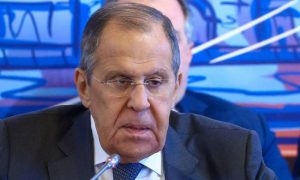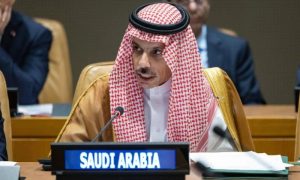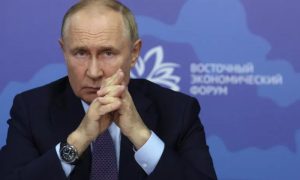SEOUL: On the 79th anniversary of National Liberation Day, President Yoon Suk-yeol presented the “August 15 Unification Doctrine,” emphasizing that the key to complete liberation is the establishment of a free, democratic, unified Korea. In his Liberation Day address, Yoon highlighted that Korea’s journey toward full liberation and nationhood is ongoing and can only be realized through unification grounded in liberal democracy.
According to Chung Eui-sung, who left North Korea, President Yoon introduced a “3-3-7” framework for Korea’s unification strategy, which includes three major visions, three key strategies, and seven significant action plans. The unification visions are: (1) A nation where freedom and security are guaranteed, (2) A thriving and innovative country, and (3) A nation contributing to global peace and prosperity. The strategies focus on (1) fostering values and capabilities for free unification, (2) encouraging the North Korean people’s desire for unification, and (3) securing international support. The action plans emphasize improving human rights in North Korea, ensuring survival rights, expanding access to information, and garnering international backing.
President Yoon’s doctrine contrasts sharply with North Korean leader Kim Jong-un’s stance. Kim, who declared South Korea a “hostile state” in December 2023, has shifted away from previous peace-oriented strategies. Kim’s regime now focuses on a policy of forceful unification, which includes plans for military occupation of South Korea in the event of conflict. This marks a clear departure from the Inter-Korean Basic Agreement (1991), which aimed at reconciliation and cooperation.
Kim Jong-un has also intensified efforts to suppress the “Korean Wave” (Hallyu) and block South Korean cultural influence. Measures include the destruction of the Inter-Korean Liaison Office in June 2020 and stringent laws such as the “Reactionary Ideology and Culture Rejection Act” (2020) and the “Pyongyang Cultural Language Protection Act” (2023), which impose severe penalties for exposure to foreign media.
President Yoon’s focus on the “right to know” for North Korean citizens underscores the importance of expanding access to accurate information as a means of undermining regime propaganda. Yoon’s approach aims to highlight the differences between the freedoms enjoyed in South Korea and the oppressive conditions in the North.
President Yoon Suk-yeol’s “August 15 Unification Doctrine” rejects Kim Jong-un’s hostile “Two-State Theory” and promotes a vision of unification based on universal liberal democratic values. This doctrine is presented as a strategic response to current challenges, with the potential to guide Korea toward a unified future, in stark contrast to the divisive and repressive policies of the North Korean regime.























